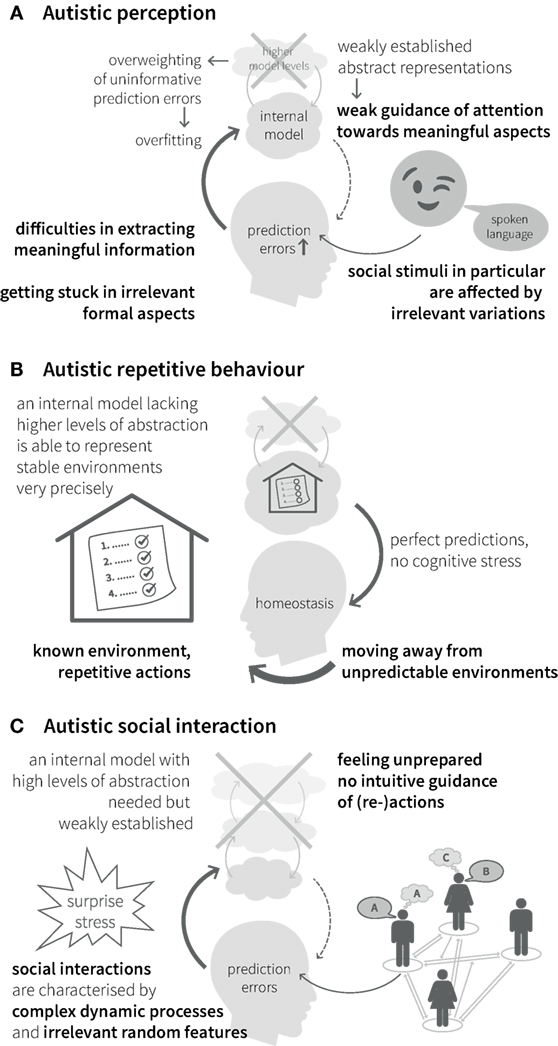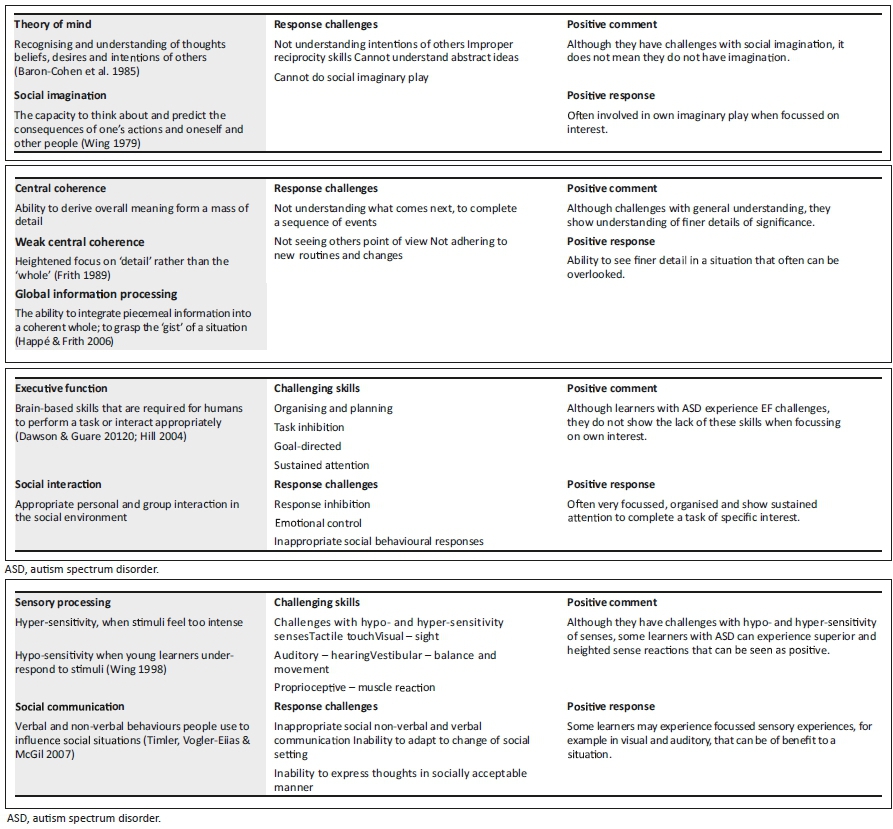

So, as to your concerns.the science and the studies may be good.but look into the details. This is why the uneducated get frustrated and don't trust doctors and scientists.they don't understand the scientific process and that things will change with new information over time. This is the scientific is slow and frustrating sometimes. This is why "scientists say" and "doctors recommend" can change over time.new studies have come out with different conditions and context. More studies means trialing the same study under different conditions. Something may be quite true in one context.but not another.

More studies are needed in order to establish a more reliable truth. This is why at the end of every study.they will say "more study is needed". There are a few bad studies out there, a few.most studies require a peer-review process before publication which tends to weed those out. There can be significant differences in results between an adult with an ASD-1 level autism.and a small child with an ASD-2 level autism. Now, here's the thing with reading studies.(1) sample size (2) what/who are you sampling (ASD-1s, 2s, or 3s), (children vs adults), and so on.and (3) what were the specific methods and conditions in which the study was conducted. Statistically speaking."statistics".a sampling of a group of autistics. So much of what is said aboyt ASD might not be true for people diagnosed with Asperger's? Perfect Pitch: Autism's Rare Gift | Interactive Autism Network

"Canadian researchers found better pitch discrimination in people with autism, but not Asperger's, although other studies have not made a distinction between different diagnoses along the autism spectrum. Wouldnt good pitch perception make a person good at hearing prosody when people speak? Are studies bad? Did they just take all the peoole autism from a music school or did they have more musical training or.and so on? Never trust what you read about ASD? Why do so many studies say that "you have autism and should be good at this and bad at that!"? We should always have a weak central coherence some studies say but in reality I don't think it's true. I wasn't born with a good memory for melodies. I play and sing but I was never very good at it without a lot of training. What I heard when I read that article was: "you are not even very good at the skills that autism makes you good at!". īut what does this have to do with weak and strong central coherence? Then I need to say that for me speaking and singing are very connected and my teacher (an opera singer and a speech therapist) who help me sing and speak told me it is important to see how the two are similar and not similar. Well, even if that's true I have to say that being good with words is not about how good you are at expressing them in a physical way. "There is now evidence that the brain functions differently for singing than it does for talking." I am good at both and I see a connection. I am good with words but that doesn't mean that I am not good with music. This is the reason why I don't trust Grandin. Most people I know who sing are very good with words.
#Central coherence autism full#
It would be very interesting to meet a person who is bad with words but can sing a full operetta. Even if a singer would have issues with stuttering one thing is true: people with stuttering are good with words but have difficulties when they speak. Click to expand.I was referring to people who use words.


 0 kommentar(er)
0 kommentar(er)
